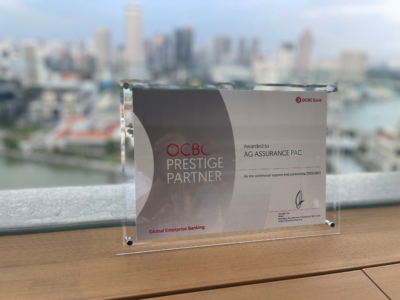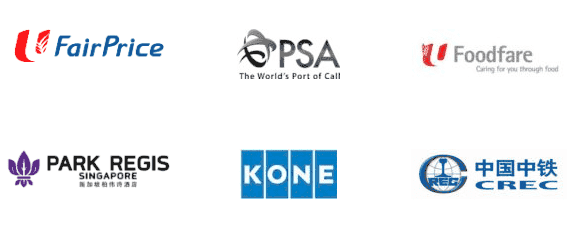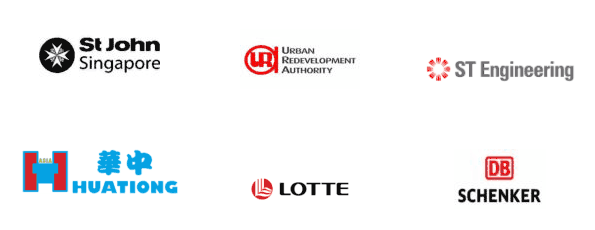Singapore is one of the premium business hubs in Southeast Asia, with many foreign companies looking to set up shop in the Lion City due to the nation’s business-friendly policies.
However, under Section 145(1) of the Companies Act, every company registered in Singapore requires at least one director who is a resident of the country. While this requirement may seem counterintuitive for a country that prides itself on being welcoming to businesses, foreign companies can easily navigate this hurdle by appointing a nominee director – sometimes referred to as a local director – to meet this statutory requirement.
What is a nominee director?
Many foreign entrepreneurs looking to start up a business in Singapore often do not have a director who fulfils the requirement stated by Section 145 (1) of the Companies Act. As such, they will have to appoint a Singapore Citizen, Permanent Resident, or Entrepass Holder as a nominee director to satisfy regulatory compliance. There are even businesses in Singapore that provide local nominee director services.
The term ‘nominee’ indicates that the director’s role is a non-executive role within the company. As such, nominee directors are typically not directly involved with the operational aspects of the business. However, they still have to abide by a general duty to ensure the company remains compliant with Singapore laws and regulations.
Requirements to be a nominee director
While a nominee director is mainly hired for statutory compliance, the candidate still has to fulfil specific requirements before being appointed to the role. Let us share what the criteria are:
- The nominee director must be a citizen or permanent resident of Singapore with a permanent Singapore address;
- The nominee director must comply with the regulations of being a director and be at least 18 years of age.
Additionally, the company has to ensure the appointed nominee director is not:
- An individual who has been convicted of any offence involving dishonesty or fraud that carries an imprisonment term of 3 months or more;
- An individual whom the court has convicted of 3 or more ACRA filing offences;
- An individual with three or more companies that ACRA struck off within a period of five years;
- An undischarged bankrupt.
Responsibilities of being a nominee director
Generally, the responsibilities of a nominee director is restricted, as they serve a non-executive role and are not involved in the day-to-day operations of the business. The company may even choose to contractually limit the authority and influence of the nominee director.
However, the nominee director still has to fulfil the basic duties and responsibilities of a director, which includes:
- Acting in good faith on behalf of the business’s best interests;
- Avoiding any conflict of interest between their personal objectives and those of the company;
- Complying with the statutory requirements of the business, such as holding an annual general meeting and filing the annual returns of the company.
Advantages of being a nominee director
The primary benefit of being a nominee director is the generous remuneration one receives despite the role’s minimal responsibilities. This is due to the Singapore Institute of Director’s Statement of Good Practice, which states that non-executive directors should also be paid a director’s salary in accordance with the agreed scale.
Disadvantages of being a nominee director
Despite serving in a non-executive capacity, nominee directors still have to abide by the requirements of a director. Therefore, they have to ensure their actions are in the best interest of the company.
Nominee directors who fail to exercise their roles and responsibilities can be held liable for fines and penalties. And if the company fails to comply with Singapore laws and regulations, goes bankrupt, or commits fraud, the nominee director is also liable.
Fortunately, there are measures available to nominee directors to minimise their risks and safeguard their interests. A nominee director can sign an indemnity agreement to protect them from any penalties, losses, claims, or fines of any nature.
Alternatively, one can buy a directors and officers (D&O) liability insurance which safeguards a nominee director against financial losses and personal liability. And in most cases, nominee directors will receive a security deposit as insurance if they incur a financial penalty due to the company violating any law or regulation.
Conclusion
While there is no denying the benefits of being a nominee director – namely the attractive remuneration and minimal job responsibilities – one should also exercise due diligence in ensuring the company complies with Singapore laws and regulations to avoid being liable for any misconduct caused by the company.
One of the critical aspects a nominee director should look out for is the company’s finances. Misuse of company funds and incorrect tax submissions carry heavy penalties in Singapore. However, such issues can be avoided with the help of a reliable and professional accounting firm.
At Ackenting Group, we provide a suite of reliable and affordable tax and accounting services to help companies stay on top of their finances. With the help of our seasoned accountants, nominee directors can rest easy knowing the company’s financial reports are well-managed and the tax submissions comply with government regulations.
If you require any assistance on accounting services, feel free to drop us an email at johnwoo@ag-singapore.com or contact us at +65-66358767. At Ackenting Group, we offer a complimentary 30 minutes online consultation for us to better understand your business requirements.














